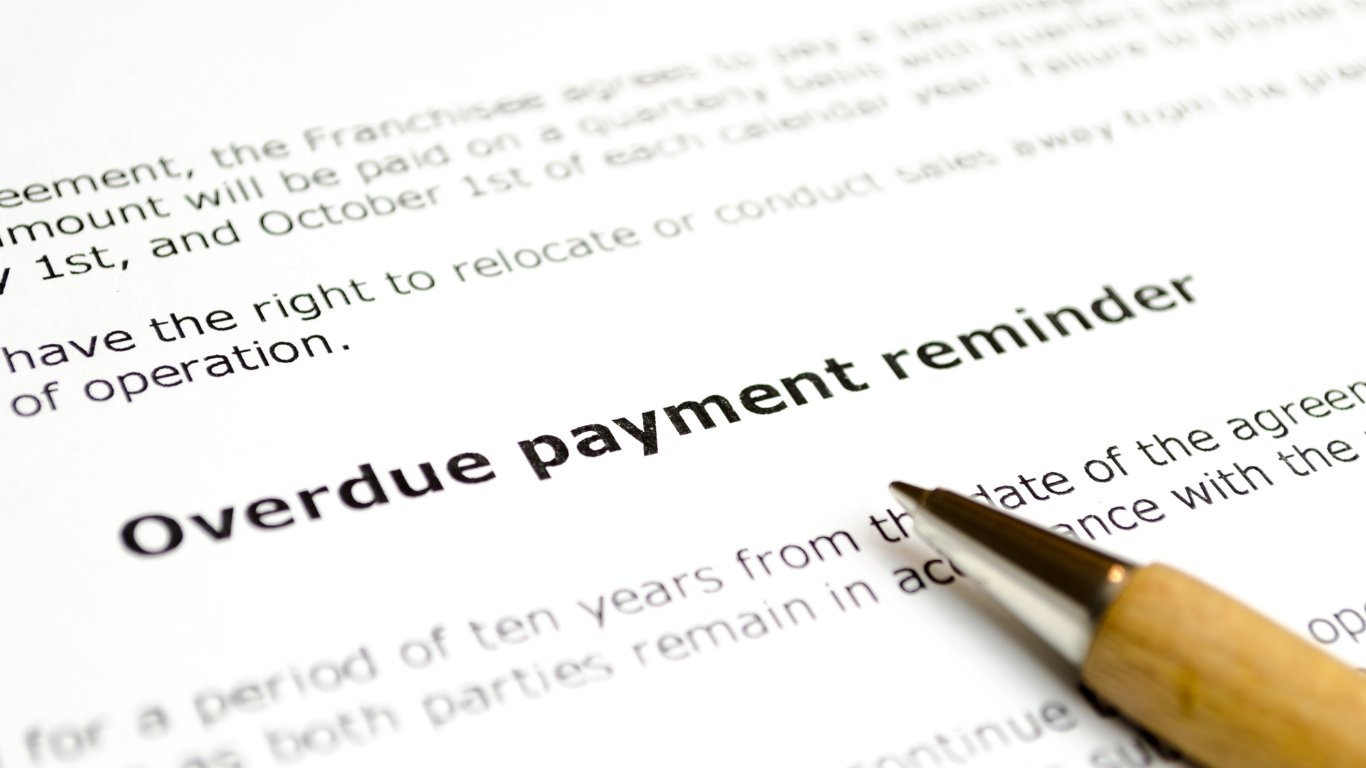How to Handle Late Rent Payments Professionally and Efficiently
Managing a rental property comes with its challenges, and one of the most common issues property managers face is late rent payments. It’s essential to handle these situations professionally and efficiently to maintain positive tenant relationships while ensuring your cash flow remains steady. In this blog post, we’ll explore effective strategies for managing late payments and provide key points to keep in mind.
1. Strategies for Setting Clear Payment Expectations

Lease Agreement Clarity: Ensure that your lease agreement clearly outlines payment due dates, acceptable payment methods, and any applicable late fees. This provides a solid foundation for tenant accountability.
Reminders and Alerts: Implement a system for sending reminders a few days before rent is due. A simple email or text message can prompt tenants to prepare their payments on time.
- Consistent Communication: Establish open lines of communication from the beginning. Encourage tenants to reach out if they anticipate difficulties in making their payment.
2. Steps to Take When Rent is Late

Initial Notice: As soon as a payment is missed, send a polite reminder notice. This can be an email or a formal letter, reiterating the due date and the amount owed.
Late Fees: If your lease agreement includes late fees, be sure to apply these consistently. This serves as a deterrent for future late payments while adhering to your established policies.
- Formal Notices: If payments continue to be late, escalate to a formal notice, such as a pay or quit notice, depending on local laws. This outlines the required action (payment) and the potential consequences (eviction) if the issue isn’t resolved.
3. Communication Tips for Addressing Payment Issues
Be Professional and Respectful: When addressing late payments, approach the conversation with professionalism. Use a calm and respectful tone, and focus on finding a solution.
Listen to Tenant Concerns: Understand that circumstances can arise that affect a tenant’s ability to pay rent. Listen to their situation, and show empathy while reinforcing your policies.
- Document Everything: Keep detailed records of all communications regarding late payments. This documentation can be invaluable if legal action becomes necessary.
4. Alternatives to Eviction
Payment Plans: Consider offering a payment plan for tenants who are facing temporary financial difficulties. This can help them catch up on missed payments without the stress of eviction.
Mediation: Explore mediation as an option to resolve payment disputes amicably. A neutral third party can help facilitate a productive conversation between you and the tenant.
Lease Modifications: If a tenant is a long-term resident with a good payment history, consider negotiating a lease modification that accommodates their situation while ensuring you receive rent.
Conclusion
Handling late rent payments doesn’t have to be a daunting task. By establishing clear expectations, maintaining open communication, and exploring alternatives to eviction, property managers can navigate this challenge effectively. A professional and empathetic approach not only protects your cash flow but also helps foster positive relationships with tenants.
If you need assistance in managing your rental property or navigating tenant issues, contact us today to see how we can help!


